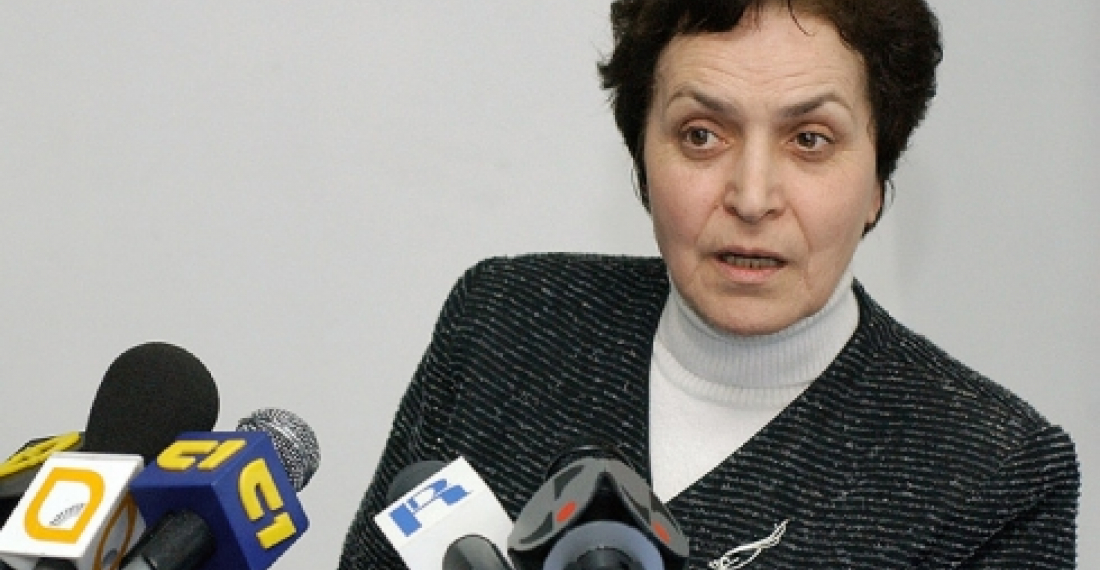The official Baku's statement, that it was acting within the frames of the Azerbaijani legislation and international norms in the matter of Ramil Safarov's pardoning, directly insults international law, Armenian first human rights defender, Larisa Alaverdyan, told Arminfo
correspondent.
"It is strictly fixed in the conventions which the Azerbaijani authorities refer to, that if a prisoner is transferred from one country to another one, he should subordinate to the legislation of the country where he was extradited to. But it is strictly fixed in the Azerbaijani legislation that amnesty may be offered to a prisoner with a specific term of imprisonment. This means that Ramil Safarov cannot be amnestied, as life imprisonment is not a specific term of imprisonment",- she said.
Alaverdyan emphasized that even if we refer to the legislation of Azerbaijan, Safarov could be discharged only in 25 years. "At present all the norms of international law as well as the legislation of Azerbaijan were violated", - she said.
Human rights defender: Baku's statement that it was acting within the frames of international norms directly insults international law
Human rights defender: Baku's statement that it was acting within the frames of international norms directly insults international law







